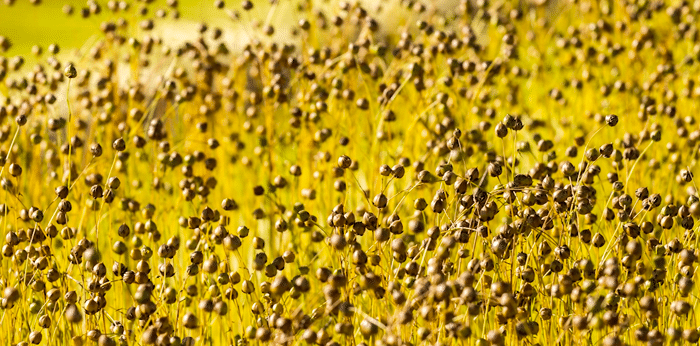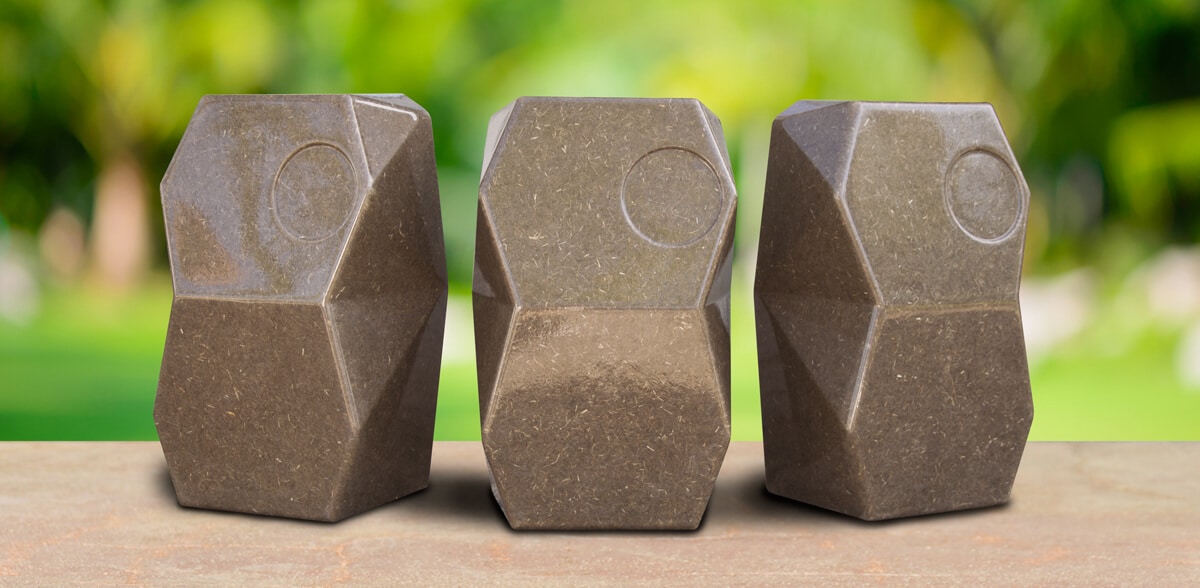READING TIME: 2 MIN
Eco-responsibility is one of the key elements in the development of PEOPEO.
This means keeping a critical eye on the origin and content of components, but also offering a quality product. quality, durable over time.
As a Grenoble-based brand, it was important for PEOPEO to offer a product Handmade in France.
We chose a composite material with ecological and mechanical properties for the manufacture of theVOODOO bluetooth speaker.
By definition, a composite material is an assembly of at least two complementary, immiscible components. In this case: flax fiber and resin.
Focus on flax fibre:

Flax is a plant whose fiber is increasingly used in the manufacture of products by ethically-minded brands.
Beyond its mechanical properties, which we'll look at later in the article, linen has advantages from an ecological point of view. Flax fiber is considered a natural fiber. It's a biodegradable composite that grows rapidly without being continually sprayed with pesticides or fertilizers, and requires little water.
Produced at Saint-Pierre-le-Viger in Normandy, the flax fiber used by PEOPEO is guaranteed to be made in France.
Flax fibre 's mechanical properties also make it an extremely interesting composite:
- . Lightness and rigidity due to low density
- . Resistance: to breakage, compression, torsion and deformation
- . Vibration absorption for improved acoustics and greater comfort in use
The combination of flax fiber and bio-sourced resin has been used to create the current shells of theVOODOO. Extremely strong, lightweight shells guarantee durability over time and, above all, effortless transport.

